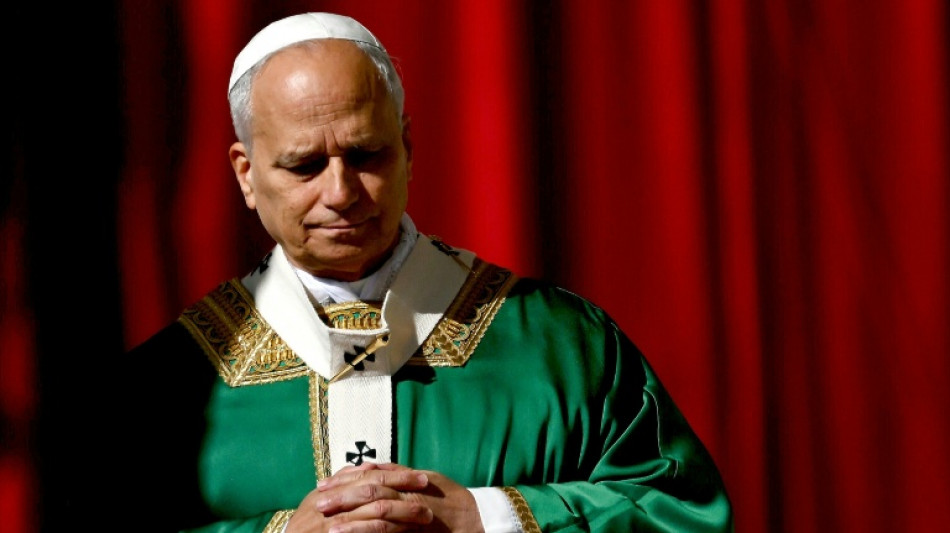
SCS
0.0200


Pope Leo XIV called Thursday for the poor and marginalised, including migrants, to be at the centre of the Catholic Church's mission, in the first major publication of his papacy.
In the Apostolic Exhortation "Dilexi te" ("I have loved you", in Latin), the US pope warned against the "growth of a wealthy elite, living in a bubble of comfort and luxury," and a culture "that discards others without even realising it."
He had a particular message for Christians "shaped by secular ideologies" who dismiss or ridicule charitable works, "as if they were an obsession on the part of a few and not the burning heart of the Church's mission."
The document takes a wide view of poverty, from those with no money or food to those who are socially marginalised, including women facing violence and migrants.
In comments likely to be seen as a veiled criticism of US President Donald Trump's immigration policy, he wrote: "The Church, like a mother, accompanies those who are walking.
"Where the world sees threats, she sees children; where walls are built, she builds bridges."
Leo recalled the photo of Alan Kurdi, the drowned Syrian Kurdish toddler whose body was washed up on a Turkish beach in 2015, and who became a symbol of the plight of migrants.
"Unfortunately, apart from some momentary outcry, similar events are becoming increasingly irrelevant and seen as marginal news items," he wrote.
With the text, outlined in 121 points, the US pontiff put himself on the same path as Pope Francis, his Argentine predecessor, who regularly spoke out on social issues -- and who clashed with the Trump administration on its migration policy.
The Vatican said the document was in fact started by Francis, who died in April after 12 years as Catholic leader.
"We need to be increasingly committed to resolving the structural causes of poverty," Leo wrote.
He asked: "Are those born with fewer opportunities of lesser value as human beings? Should they limit themselves merely to surviving?
"The worth of our societies, and our own future, depends on the answers we give to these questions. Either we regain our moral and spiritual dignity or we fall into a cesspool."
J.Liv--ThChM